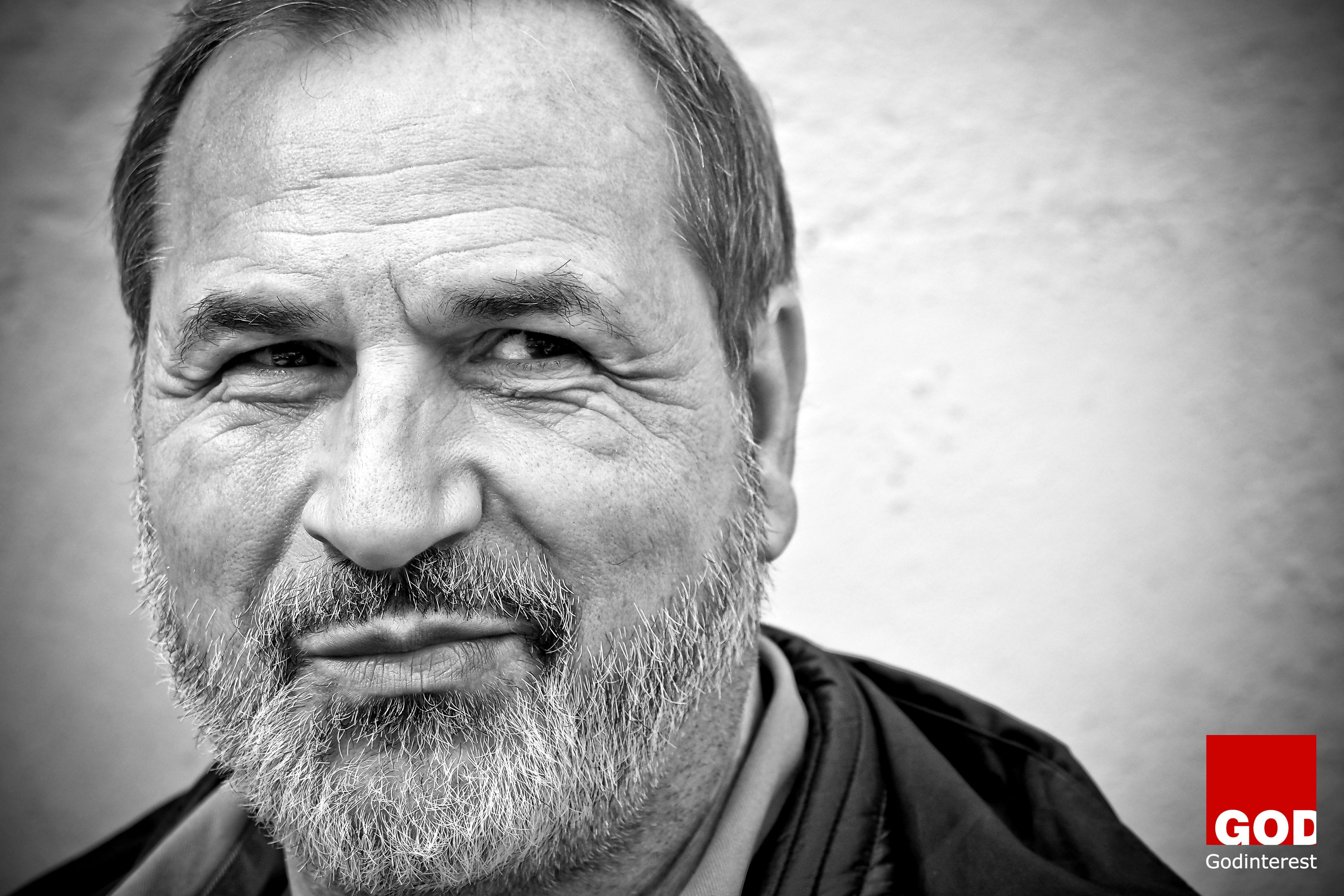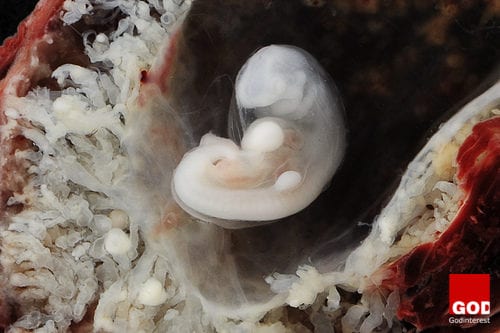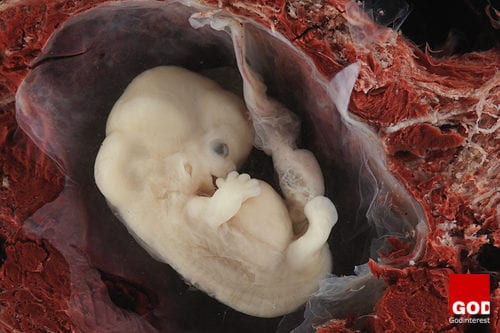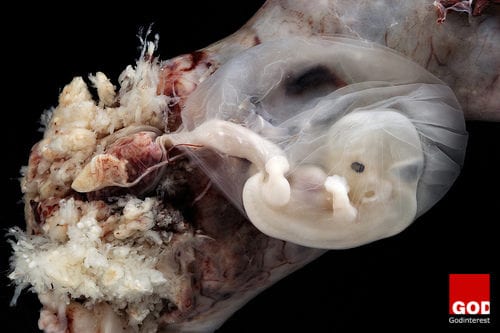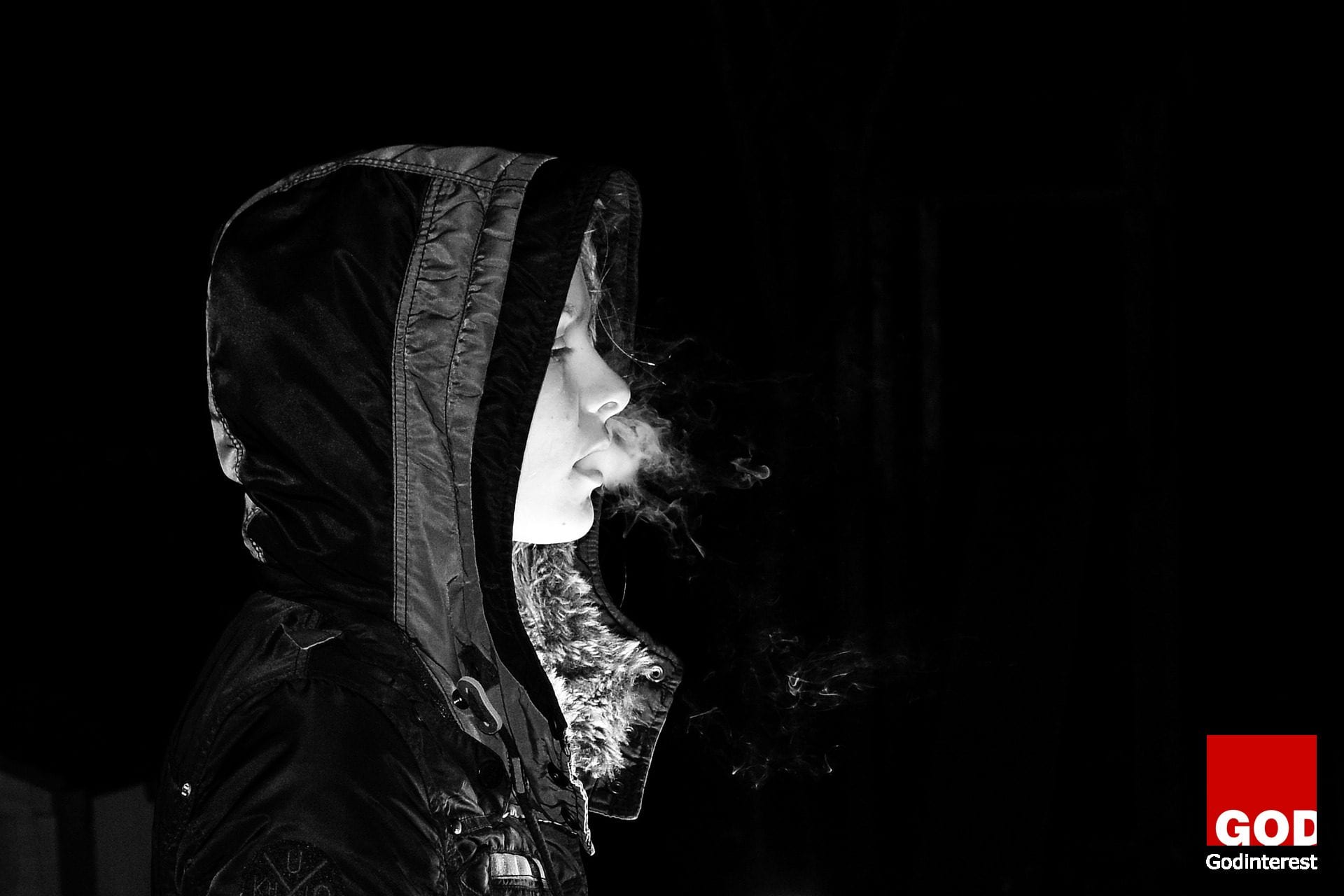The society has slowly tried to come to terms with the monster called child abuse. It happens everywhere regardless of the race, ethnic or social-economic class. The shocking part is that it has penetrated to our churches and that’s the reality on the ground.
The Roman Catholic Clergy
Majority of Roman Catholic clergy are celibate and the number of the Priests who abuse children and the youth is much greater than the Christians and non-Christians religious readers. The church has been in the limelight for the allegations of child abuse in the recent past. The rising cases of child molestation by the priests have made Australia to advocate for the removal of compulsory celibacy in the Catholic Church. The situation has been bad, to say the least. The year 2014, the UN accused the Vatican of coming up with a plan of allowing priests to sexually abuse children. Pope Francis said that dealing with the cases of abuse was crucial for the church integrity. He also said that a penalty was to be imposed on the offenders.
The issue of child abuse was really discussed in public before the year 1970 not until 1980 when the first cases of child abuse were reported in the US and Canada. In the 1990s, cases of child abuse emerged in Ireland. Later on, in the new century, more cases were reported in quite a number of countries.
The UN Committee on the Rights of the Child (CRC) said that the Vatican should suspend all clergy who abused children or were suspects. Following the UN report, Barbara Blaine the president of Snap (Survivors Network of those Abused by Priests said that it showed that the Vatican considered the reputation of the church officials more than the protection of children.
Spiritual growth and mentorship
Every other Sunday or any day there’s an activity for children, I always make sure I accompany my children or drop them to church. We entrust our children to the pastors, priests or the Sunday school teachers for spiritual growth. It can never ring to our minds that people whom we trust that much can be wolves in sheepskin. It’s not the whole clergy that is rotten but the few in the vicinity leaves one with more questions than answers. We have the best that serves the LORD in spirit and truth and impact our children with the word of God.
Mathew 19:14 the Bible says, “Let the little children come to me, and do not hinder them for the kingdom of heaven belongs to such as these.”
Our Lord Jesus Christ instructed his disciples to release the children to him and us as Christian parents we have an obligation to ensure our children get spiritual enrichment as the word says. Allow them to follow the footsteps of our Lord Jesus Christ by teaching them the word of God.
What happens when the enemy feeds the minds of our shepherds with immoral thoughts from the pit of hell? Who is to blame for the sexual child abuse happening in our churches? Most children never report that they’re molested and when they open up, the issue is always pushed away. We all need a listening ear. When a child decides to open up and share what he/she is going through, never sweep the issue under the carpet.
Through some research and personal experiences, I have learned that if you become a good friend to your child, he/she will always open up and share with you what they are going through. Woe unto you if you’re still chasing that dream of earning much or getting higher education at the expense of your children welfare. We all yearn to have the best in life but let’s do it in moderation. Befriend your children; cultivate that trust and I assure you that nothing crosses their path will pass unmentioned.
The Good
Do we always vet the people who we entrust our children with? Do we equip them with the knowledge on how to tell whether a child is going through sexual abuse? The best we can do is to allow these people go through some basic education because, in this, they will be in a position to tell and monitor our children if they notice something unusual.
The Bad
All over the world cutting through ethnic, social-economic and religious affiliations, a large number of adults were once abused sexually. Surprisingly, the number may be higher because many victims never speak out or report such cases. The shocking revelations are that these molesters are well known and trusted by the victims.
The Ugly
Sexual abuse has become a bitter pill to swallow in our society. It is never talked about and it’s because of this silence that has allowed it to spread and continue. The Catholic Church is leading in responding to this crime and educating people on the same. Let us talk about this by condemning it. May we safeguard our children and raise our voices to condemn this vice.
May the Holy Spirit convict us whenever we try to do things against the will of GOD?
The resignation of Chile’s Catholic Bishops
On 18/5/2018, all 34 Chile’s Bishops handed over their resignation letters to Pope Francis and asked for forgiveness from the victims and the church. It is not yet clear whether the Pope accepted the resignations. He was highly criticized in Chile for ordaining Bishop Juan Barros who was accused of covering sexual offenses committed by priest Fernando Karadima. Apparently, the Vatican found Fr Karadima guilty of sexually abusing young boys in 1970s and 1980s and was sentenced to a lifetime of “prayer and penance”
The Pope termed the allegations as malicious until proven guilty. He spoke to the Chilean journalist and said, “I will speak the day they’ll bring me proof against Bishop Barros. There is no proof against him. Everything is malicious. Is it clear?”
The Pope apologized
The pope later felt remorseful for his utterances and apologized for hurting the victims of the clerical sex abuse. At the end of the month of January, he sent his Vatican’s top expert on sexual abuse to investigate the accusations.
The victim’s response
Juan Carlos Cruz, who was abused by Fr Karadima in the 1980s, tweeted. “This will change things forever.”
Another victim Jos Andr’s Murillo said that Pope should accept the resignation offer by the Bishops.
“They did not know how to protect the weakest, exposed them to abuses and then prevented justice.” he tweeted. “That’s why they all deserve to go.”
Our prayer is that justice will prevail and a concrete solution will be found to save more children from sexual abuse.




